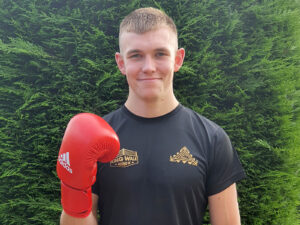Tom Cliffe: “Spautism can lead the way”
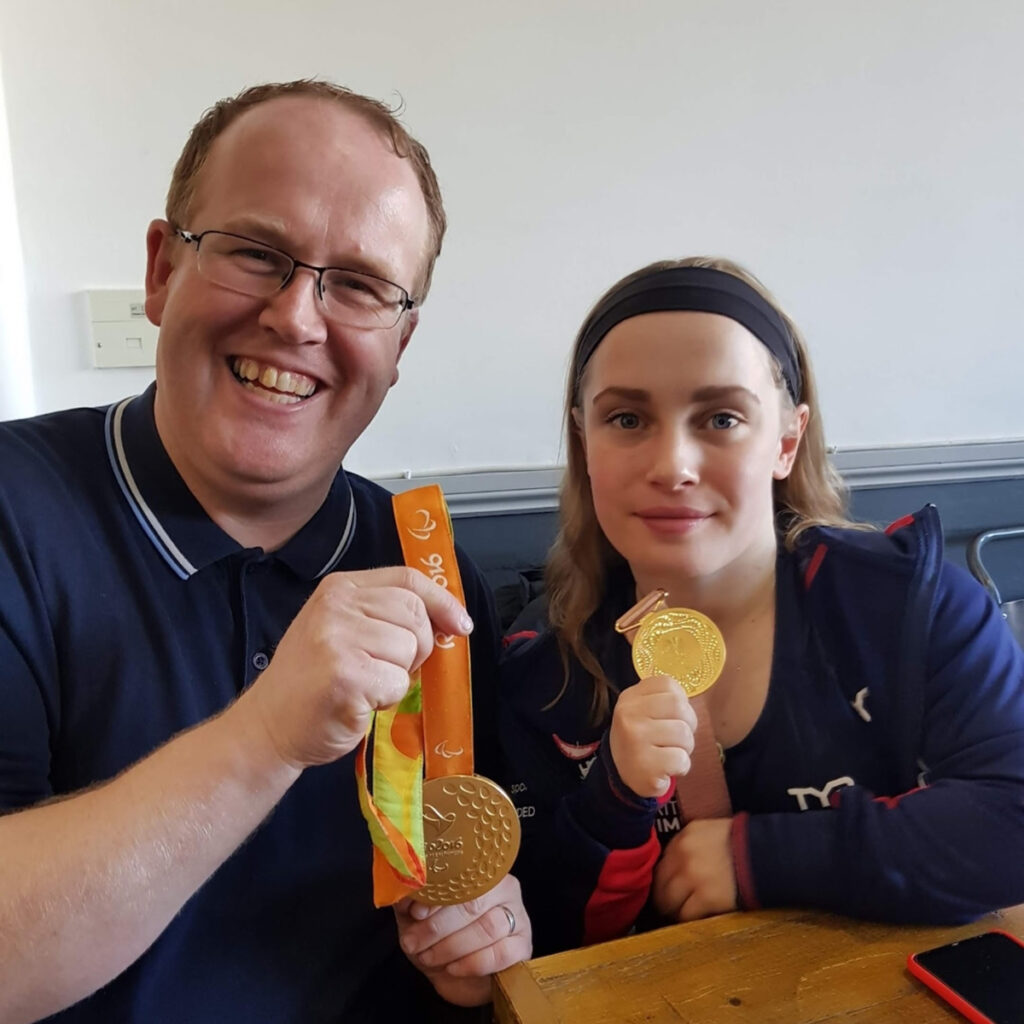
After graduating from university, Tom Cliffe had a very clear ambition: to help people.
In following his parents’ line of work, he pursued his goal as a business studies teacher, before setting up a post-16 facility at a school specifically for autistic people.
But after noticing that employability was an issue for his pupils after education, Tom started the TRACK social enterprise that has since supported more than 30 autistic individuals into the workplace by matching their different skillsets with local businesses.
Tom has always been an avid supporter of his local area and beloved football team Northampton Town, and the idea of Spautism as a platform to raise awareness of autism through sport provided the opportunity to support people on an even greater scale.
“I am the type of person that, by the end of a conversation, will have plans to take over the world,” said Tom. “We have a good group behind Spautism and I’m enjoying being a part of those conversations. The more we have listened to each other, the more we have found common ground in wanting to understand each other’s experiences and working out how we can join them together.
“As a group of individuals very early on in this process, we are combining our skills to approach things with different angles to benefit the most people.
“It’s not about forcing every autistic person to play sport, but rather making sure that those who do enjoy it have the same opportunity as every individual to thrive, be it in athletic performance, enjoyment or supporter experience.
“We are a long way behind in [autism] acceptance in this country. For an individual, a small environmental change might improve their sporting performance, or most importantly, enjoyment. There are so many of these small changes that can be made to make things more accessible.
“We need to educate, and there is an opportunity to spread the message to a huge audience through sport, which so many people are passionate about.”
“It’s not about forcing every autistic person to play sport, but making sure that those who do enjoy it have the same opportunity as every individual to thrive, be it in athletic performance or enjoyment and experience.”
Tom Cliffe
One way Spautism plans to educate is by sharing the stories of people who are linked with autism and sport, such as athletes and fans on the spectrum, innovators who have provided more opportunities for autistic communities, or sporting groups who are helping to raise awareness.
This is important for Tom, who found the art of listening to people as one of the biggest takeaways from his career so far.
“It’s about tailoring solutions to individuals’ needs, for which sport is a tremendous vehicle; hopefully Spautism can lead the way and give people the chance to fulfil their potential.
“Some people I work with [at TRACK], you can tell they are so passionate about Formula One that they won’t just be able to tell you the manufacturers and world champions, but everything about them.
“If we can harness that passion and knowledge in employment or enjoyment, there is a huge skillset there which hasn’t been tapped into – someone who has quite an analytical mind might suit the data analysis side of things.
“Everything about Spautism shows that commitment to personalising things for people, and there is a passion from those behind it to listen to the individuals involved [in sport].”
When Spautism was announced during Autism Awareness Month, Tom and his TRACK team were also toasting a successful first two years as a social enterprise.
TRACK have more recently opened an autism-friendly café on the famous Northampton Market Square that provides a place for people with autism to practice employability skills in various roles, such as a waiter, barista or behind the scenes. This is followed up by continued support in each individuals’ job search.
“The message was clear from the start,” Tom explained. “We don’t do this because it’s a nice thing to do, we believe it’s good for people’s businesses and, importantly, it changes people’s lives.
“A National Autistic Society report [in 2016] said only 16 per cent of autistic adults were in full-time employment. The quoted figure has varied in different articles since, but until it’s much nearer 100 per cent, it needs to be addressed.
“TRACK have supported people in graphic design, through to retail and logistics, and in voluntary roles – what we don’t have is a preconceived idea of what they have to do. For some people, employment could be an hour or two a week to give them some structure and achievement, or some want full-time work straight away.
“We can’t promise anyone a job, but what we try to do is create opportunities through our network of businesses, and we are always looking for new companies to develop those relationships with.
“It is life-changing because people feel they can add value and go about their daily routines, and the employers that we work with understand that. It’s about treating people as individuals.”
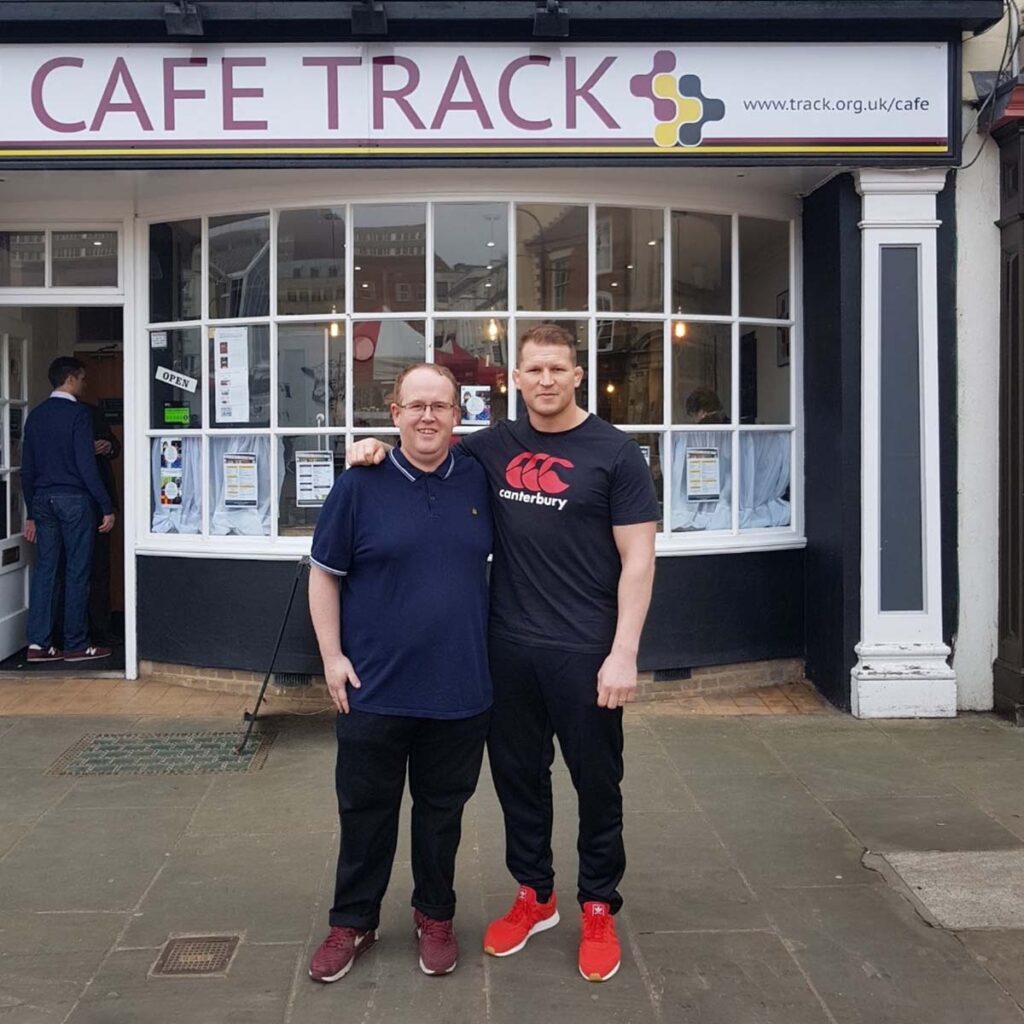
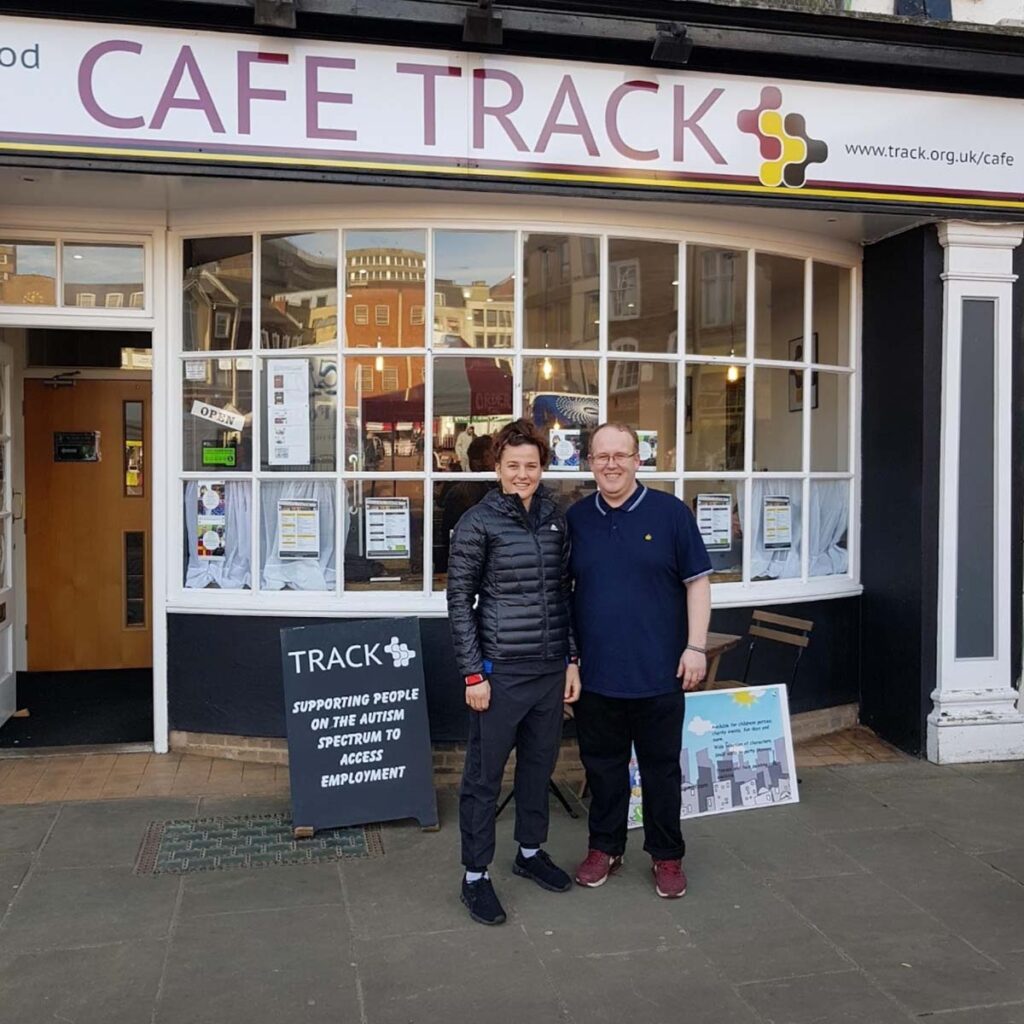
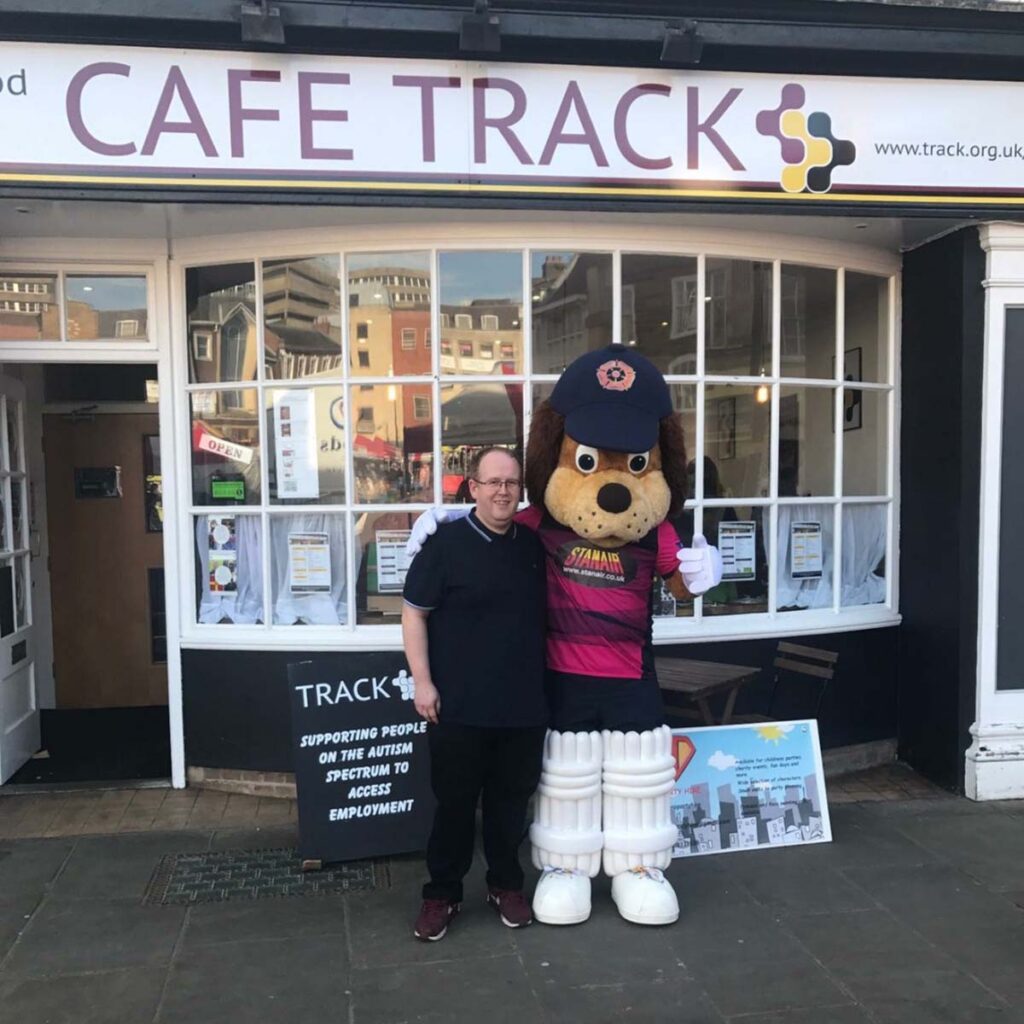
In 2020, there has been a greater emphasis on looking out for your community, whilst respecting what people may or may not feel comfortable doing – a wave of open-mindedness that Tom believes should continue in society post COVID-19.
“Coronavirus has had a negative impact across the world, but we have a massive opportunity to rethink why we do things in a certain way, and question if there are better ways of doing them.
“That need to re-engage people outside of lockdown is where the support will be needed more than ever before – some people we worked with before lockdown required two or three months to build the confidence up to come into the café and go into different workplaces, and this year they don’t feel safe leaving the house.
“We need to look at ways to support that and build confidence again, not question it or say they are wrong. An awful lot of funding is put into coaching people how to act and behave, when if you direct it into small environmental changes, everyone benefits.
“I’ve learnt from autistic people about how they experience the world around them, and we now have the relevant channels to share that knowledge.
“Spautism has a huge role to play, and everyone we have spoken to along the way agrees with where we are coming from.
“There is a passion and an agreement to grow this in the right way.”


